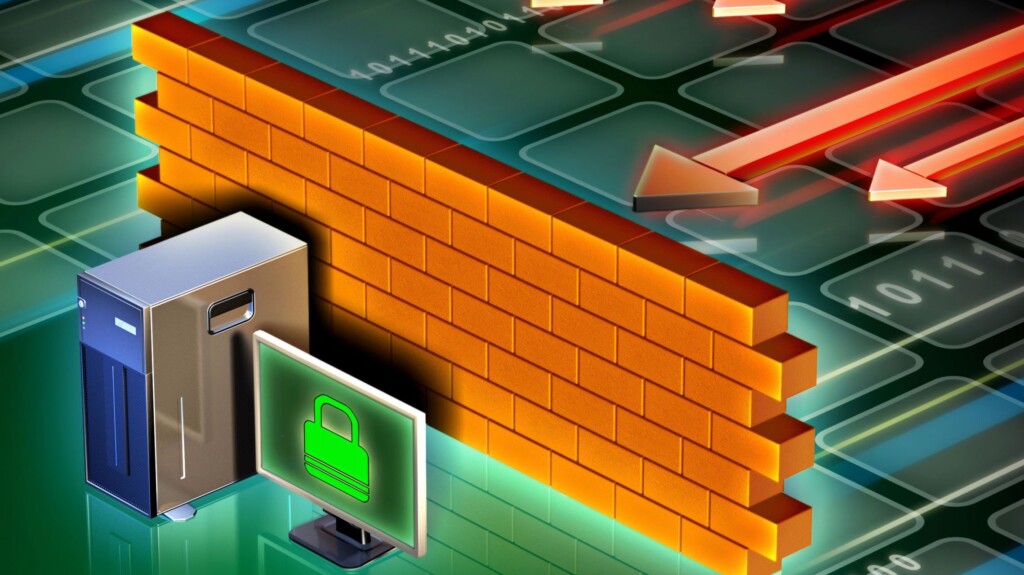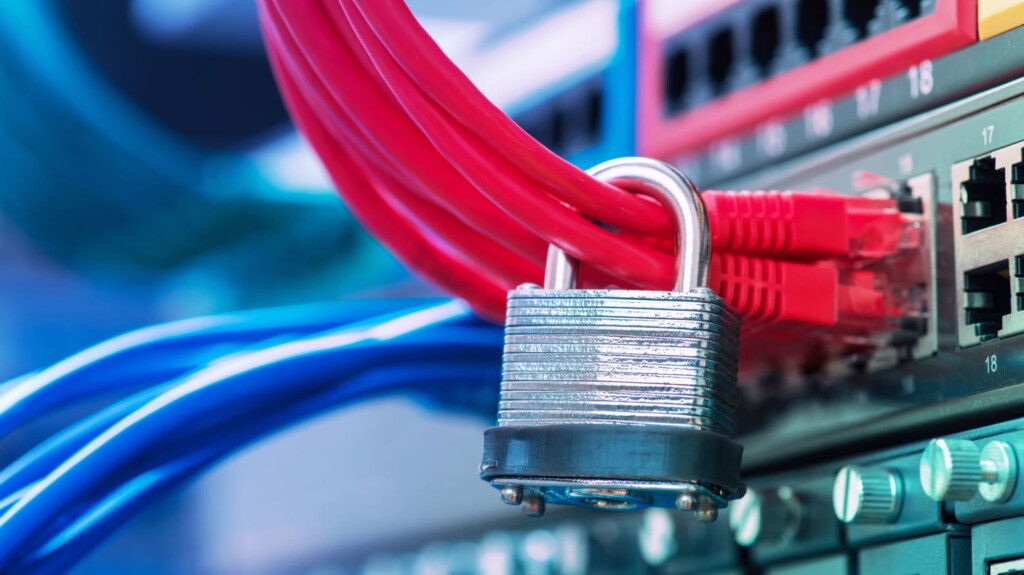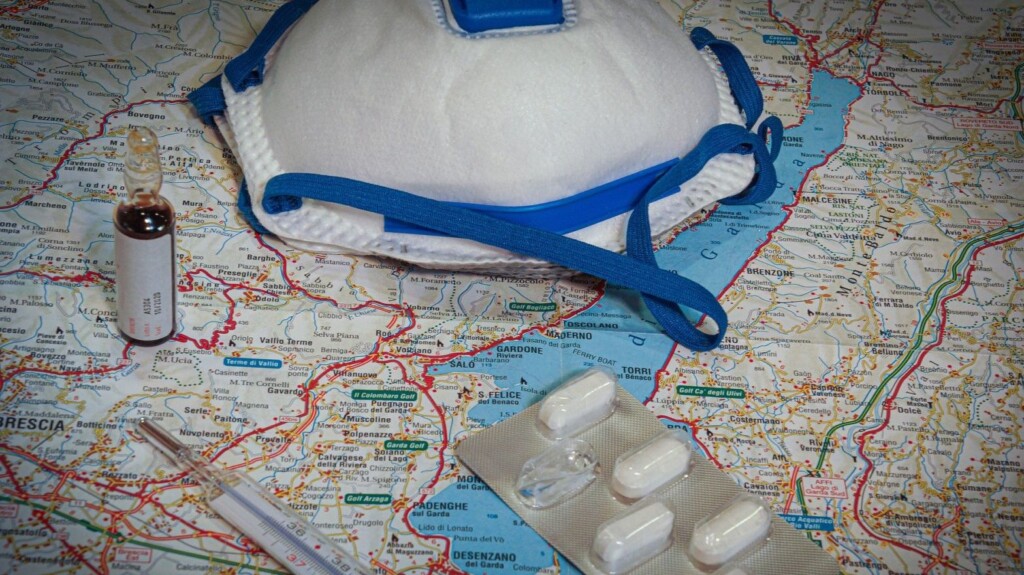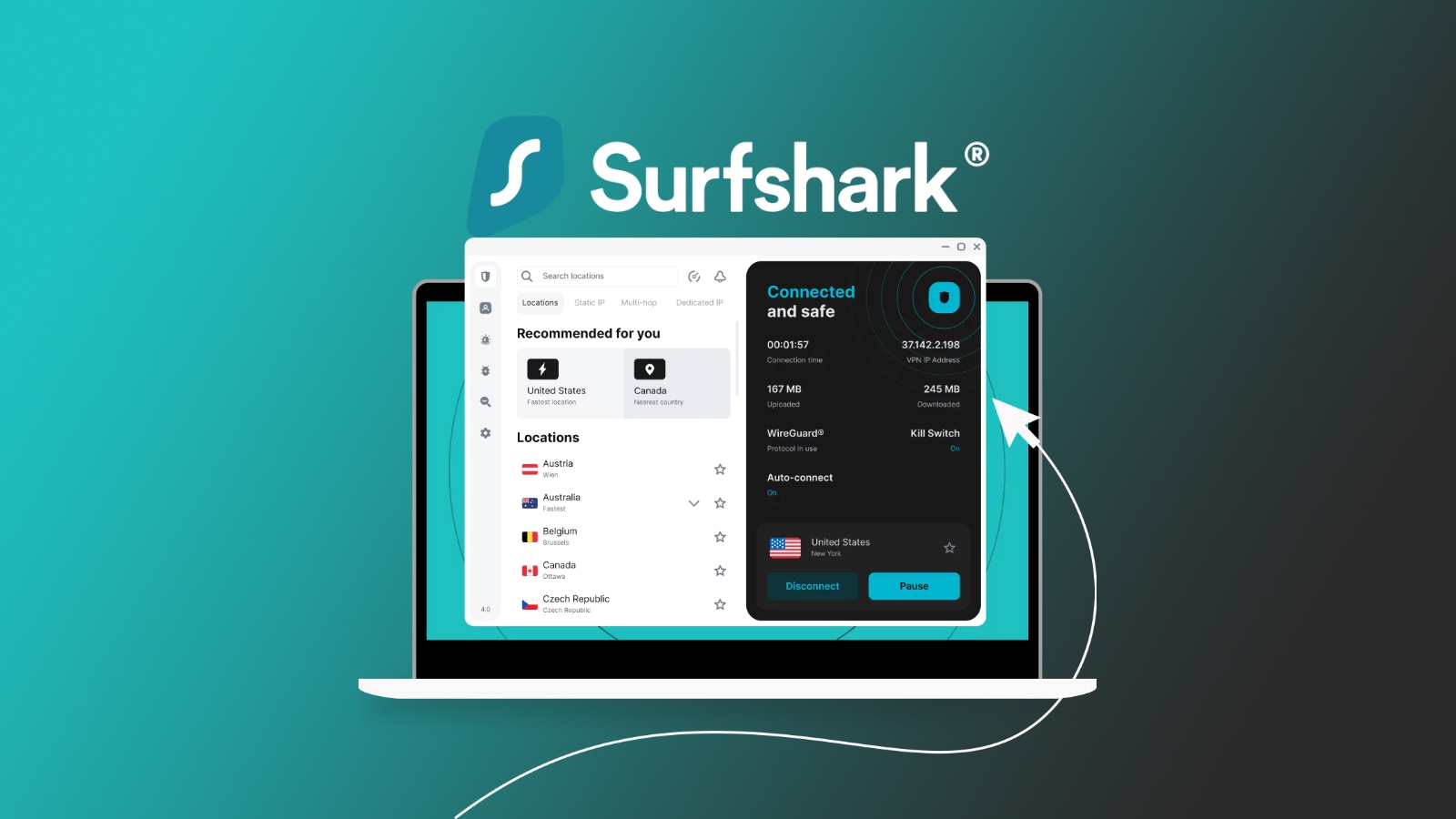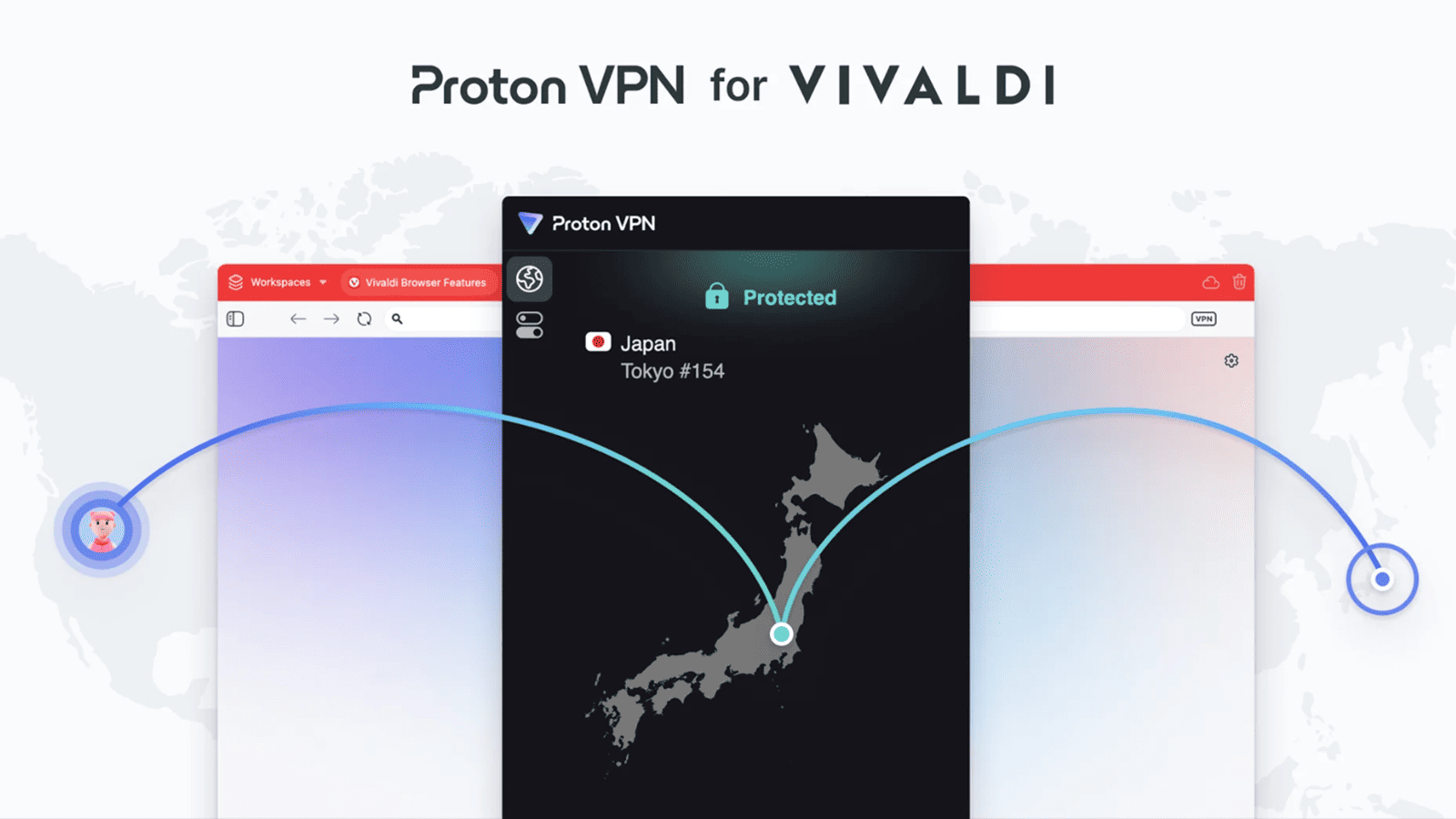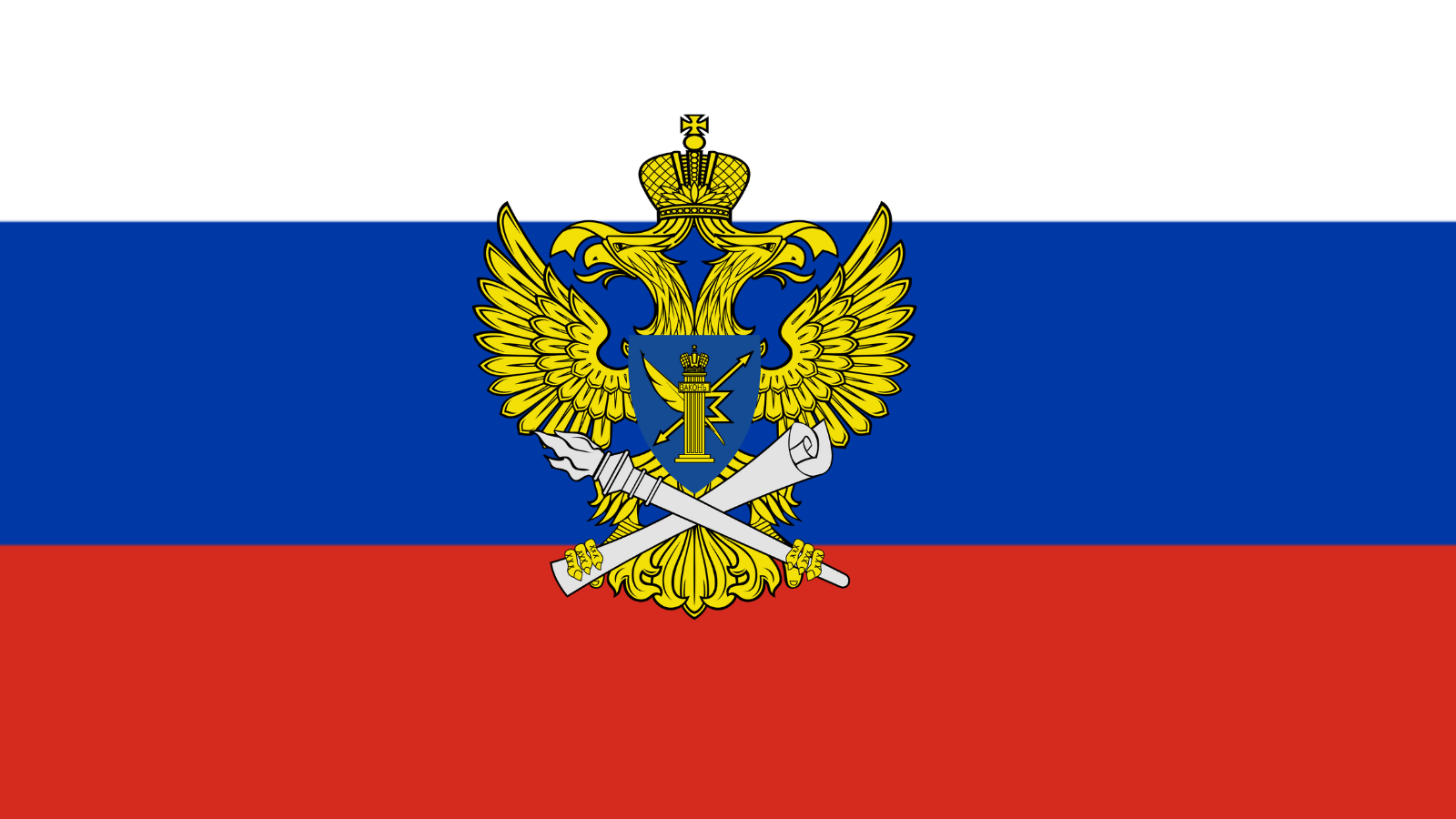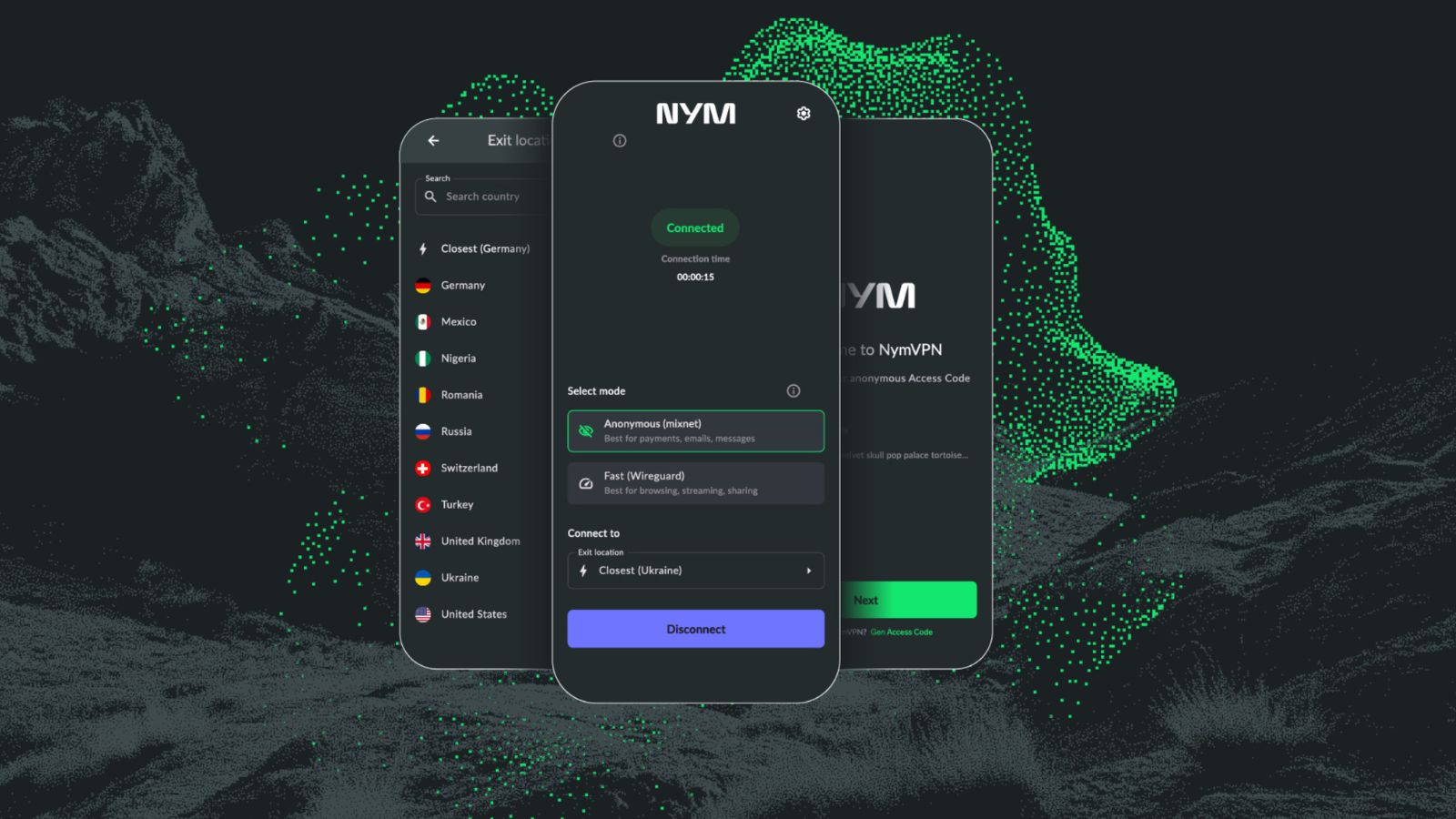How VPNs Can Help You Get Better Information During the Coronavirus Lockdown
The current Coronavirus pandemic has forced many countries to impose lockdowns and quarantines in order to stop the spread of the virus, which means that many people are now stuck at home. In fact, if you are working from home throughout this whole crisis, you may want to know why it's a good idea to invest in a VPN.
In most cases, this is definitely a good measure, but there are also situations where governments go a bit over the top and make it very difficult for people to get basic supplies or receive care, especially if the governments in question are not very democratic, to begin with.
However, lockdowns are only part of the problem. Countries like China are also known for restricting the public’s access to information, thanks to the heavy online censorship and the sophisticated firewall the nation has in place.
Because of this, many people may not be able to know what’s going on around the world and whether their government is lying to them, which is why it’s important for them to be able to have access to the free Internet. Thankfully, this can be achieved nowadays with the use of a good VPN, even if you might have some trouble getting it to work properly in China or similar countries.
Thus, here are a few ways a VPN can help you get better-quality information and keep yourself up-to-date with the latest developments regarding the Coronavirus pandemic.
Sneak past firewalls and other security measures
As mentioned before, some governments impose nation-wide firewalls for all incoming and outgoing Internet traffic, in an attempt to limit the population’s access to the outside world. These firewalls are designed to block various websites, services, and apps within the nation’s borders, which means that it doesn’t matter whether you use a broadband connection or a mobile one because the result is the same.
If you are not familiar with how a VPN works, the whole idea behind such a service is that your personal traffic can be rerouted through servers that are outside of your country’s jurisdiction, which in turn enables you to connect to the free Internet.
In the case of a firewall, this can be a bit tricky, mainly because the government can detect the fact that you are trying to use a VPN. The workaround relies on the VPN’s ability to disguise your traffic as regular traffic, which is achieved through obfuscation and special connection protocols.
Since most firewalls can detect VPN-specific protocols, obfuscation is designed to make it look like you are not using a VPN at all. In most cases, this is enough to allow you to browse the web unhindered, but that doesn’t mean you won’t have to tweak a few settings in order to get the desired results.
The most important thing to keep in mind is that some VPN servers and locations will work better than others, so it’s a good idea to try as many of them as you can and keep a list of the servers that work best for your location.
Additionally, it’s also worth pointing out that these obfuscation methods take a significant toll on your connection, which means that your speeds will be heavily downgraded in the process. However, slower speeds are worth it if your goal is to be informed and keep yourself safe.
Access blocked websites and apps
VPNs can also help you access various blocked websites and apps if your country restricts access to them. As an example, the Google search engine is blocked in China, which means that people there are unable to search for information on COVID-19-related topics.
They can, of course, use other search engines, but since these are usually controlled by the Chinese government when it comes to what results are filtered, the quality of the information is definitely not as good. Not only that, but certain search terms may not bring up any relevant information at all, which means that citizens are left in the dark if they are not willing to do something about it.
VPN’s can definitely help with this issue, given the fact that most websites should be available once you get a stable VPN connection going. This includes all the major search engines, as well as news sources like BBC and CNN, and various social platforms where people can discuss topics relating to the current epidemic, such as Facebook or Reddit.
In terms of apps, a VPN can also help you get on the Google Play Store if you have Android running on your device, which is where you can find all sorts of apps that keep track of the Coronavirus pandemic and related news. Downloading and installing these apps through a VPN can be a tad tricky sometimes, but it’s definitely doable. If you want to find out more about the subject, you can read our article about how to use a VPN in China without breaking the law.
On a related note, you can also read up on our article for best VPN for China if you are looking for advice on the topic.
See how the rest of the world is coping with the pandemic
Most authoritarian governments usually lie to the population when it comes to the situation in other countries, especially if the countries in question take better measures when it comes to preventing or managing a crisis of this magnitude. Hence, they may try to tell everyone that other countries are doing a poor job, or they may even try to suppress any kind of information about the outside world - especially the fact that there’s a global pandemic at the moment.
Knowing about the situation in other parts of the world can be extremely helpful, and not just to regular people who want to know how the situation is evolving. Medical professionals could benefit from knowing about new studies or research, or about new treatment options that offer better results than what the government recommends.
VPNs are a great tool in this regard, given the fact that unrestricted access offers you the possibility to consult multiple news sources. Not only that, but you also get access to reputable scientific journals and publications, which can mean a lot in the current circumstances.
As for the general public, simply knowing that they are not alone in this crisis can be of great help, especially now that many people are isolated in their homes with little-to-no social contact. Hence, a VPN comes in handy if you want to go on a social media platform like Reddit and read about how other countries deal with the pandemic, as well as communicate with other people in order to find out their opinions on the matter.
Ask questions and make your voice heard
The flow of information goes both ways, which means that it’s important for the rest of the world to know what’s happening in your country as well, especially if politicians try to cover up the magnitude of the crisis. Hence, a VPN can offer you the possibility to go online and let everyone know about your government’s wrongdoings, as well as warn others in regards to what’s coming their way.
This is also a great way to use various forums and social media platforms in order to ask questions regarding the pandemic and the Coronavirus because most people are more than willing to share the information with you. Not only that, but you can even get in contact with doctors and other professionals, which can offer you a bit of advice if you are having trouble with certain issues.
However, keep in mind that the wrong information and fake news did not disappear overnight. This means that there is still a lot of misinformation out there in regards to the virus and its effects, which is why it’s important to do your research and consult multiple sources before taking anything as fact.
Unfortunately, VPNs are not capable of distinguishing between real and fake information, so that responsibility rests with you, as always. On the other hand, VPNs can grant you access to every website and blog out there, which means that you do not have to rely on what the government tells you.
Companies can learn about the state of various industries
Regular people are not the only ones who can benefit from a VPN during this pandemic since companies can also use free access to information in order to plan ahead. In essence, it’s important for them to know whether factories are still operational around the world, as well as find out about various shipping delays and restrictions, which can affect their business in negative ways.
On top of that, companies are also allowing people to work from home now, which means that their workers need to be able to stay informed and not depend on the government for their information. Since VPNs are already a common occurrence in the corporate world, it’s definitely a good idea for companies to provide their employees with VPN subscriptions - and not just for work-related stuff. For more information on this, you can check out our recommendations for best VPNs for businesses.
As an example, stock markets around the world have crashed pretty badly in the last few weeks, which has had tremendous effects on a variety of industries around the world. With the help of a VPN, companies operating in censorship-heavy countries can learn about these crashes and take measures to prevent additional losses.
Not only that, but certain companies and small businesses may even be able to help others if they learn about various shortages of materials or products. Thus, manufacturers can use VPNs to find out if certain countries lack protection masks or certain medical equipment and focus on getting their products to those who need it.
Conclusion
Since we are definitely not out of the woods yet in regards to the Coronavirus pandemic, the last thing we need right now is a lack of access to information, especially since uninformed people might put others in danger as well. In a perfect world, the governments would be helpful and transparent about what’s going on in the world, but sadly that is not the case for many countries around the globe.
However, VPNs can be a wonderful solution to these problems, especially since they allow anyone to access all the information they need. Granted, it may take some tinkering in some cases, mainly because firewalls are not very easy to get around these days, but it’s definitely worth the trouble if you want to stay informed and also help others who may not have the means to get online themselves.
Lastly, don’t forget that free access to information does not mean that everything you read online is true, so it’s as important as ever to vet your sources and check the data with multiple websites before trusting it. Many websites are already trying to capitalize on the panic, so keep your eyes open and try to not fall for any scams in the meantime.
